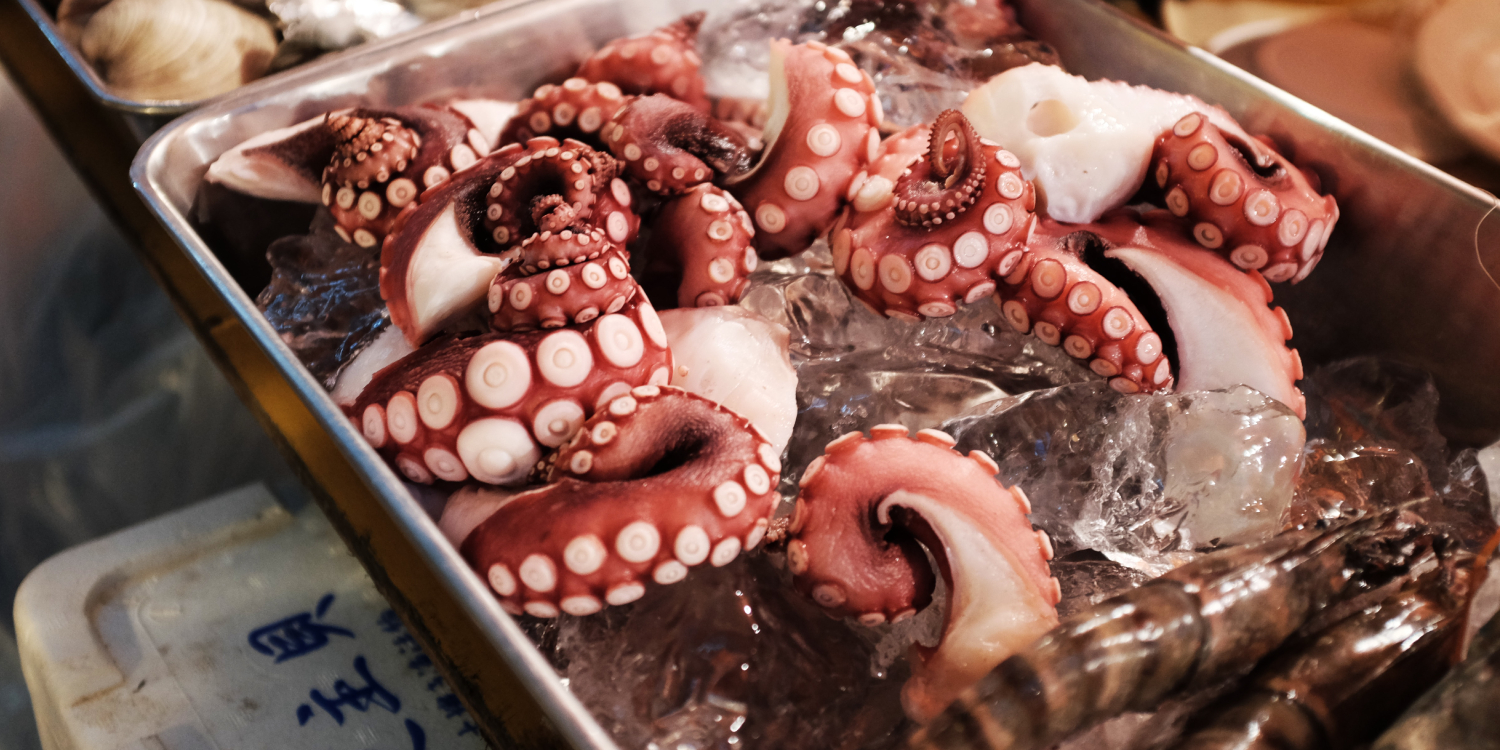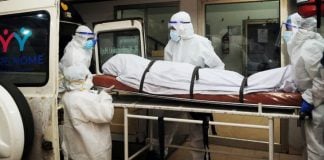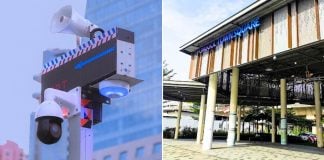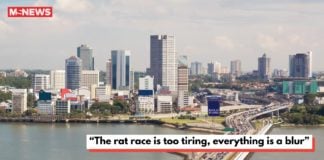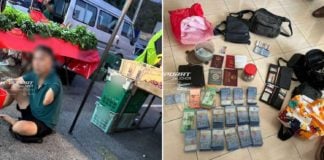SFA Says No Contaminated Food Samples From Japan Recently
The Singapore Food Agency (SFA) says Singapore hasn’t found contaminated food samples from Japan recently.
This comes after reports of Fukushima nuclear plant wastewater being released into the ocean on 24 Aug.
SFA’s comments come after a podcast by the Wall Street Journal (WSJ) posted on 24 Aug.
The podcast noted that Singapore found radioactive contamination in vegetable samples from Japan.
However, SFA says this information was from a 2011 media release.
SFA says no contaminated food samples from Japan or Fukushima recently
Channel NewsAsia (CNA) reported SFA as saying it has not found contaminated vegetable samples or banned food products from Japanese prefectures recently.
The WSJ podcast, “More Countries Ban Import of Japanese Food”, noted Singapore finding radioactive contamination in four samples of vegetables from Japan.

Source: Wall Street Journal
“Food imported into Singapore is subjected to SFA’s surveillance and monitoring regime, which includes radiation surveillance and enforcement actions will be taken should any food imports be found to be unsafe or unsuitable for consumption,” SFA said.
Singapore is not banning Japan seafood yet
On 24 Aug, Singapore said it is not banning Japanese seafood imports yet following the release of Fukushima nuclear plant wastewater into the ocean.
No Ban On Import Of Japanese Seafood To S’pore Following Fukushima Nuclear Wastewater Release
SFA said then that it would not impose a ban.
It adopts a science-based risk assessment and management approach to food safety, with periodic reviews on food imports “without unnecessarily impeding trade”.
SFA noted that food imports from Japan were only at less than 1.5% in the past 10 years.
Regardless, the agency will closely monitor imports.
Discharge unlikely to impact seawater in Singapore
On 3 Aug, Minister for Sustainability and the Environment Grace Fu said in a parliamentary response that the discharge is “unlikely to impact the seawater in or around Singapore waters”.
The radioactivity measured continues to remain within our natural background levels.
She also noted that surveillance results on food imports have been “satisfactory”.
“SFA also keeps abreast of international developments and expert reports from the International Atomic Nuclear Agency (IAEA) and foreign food safety authorities to augment our surveillance and monitoring regime,” she added.
Other countries divided on imports
China and South Korea have both imposed bans on seafood imports from Japan following the wastewater discharge.
Japan, however, has disagreed with China’s stance.
Meanwhile, the European Commission said it will lift restrictions on imports from Fukushima on 13 July.
Have news you must share? Get in touch with us via email at news@mustsharenews.com.
Featured image adapted from Alex Knight on Unsplash, for illustration purposes only.
